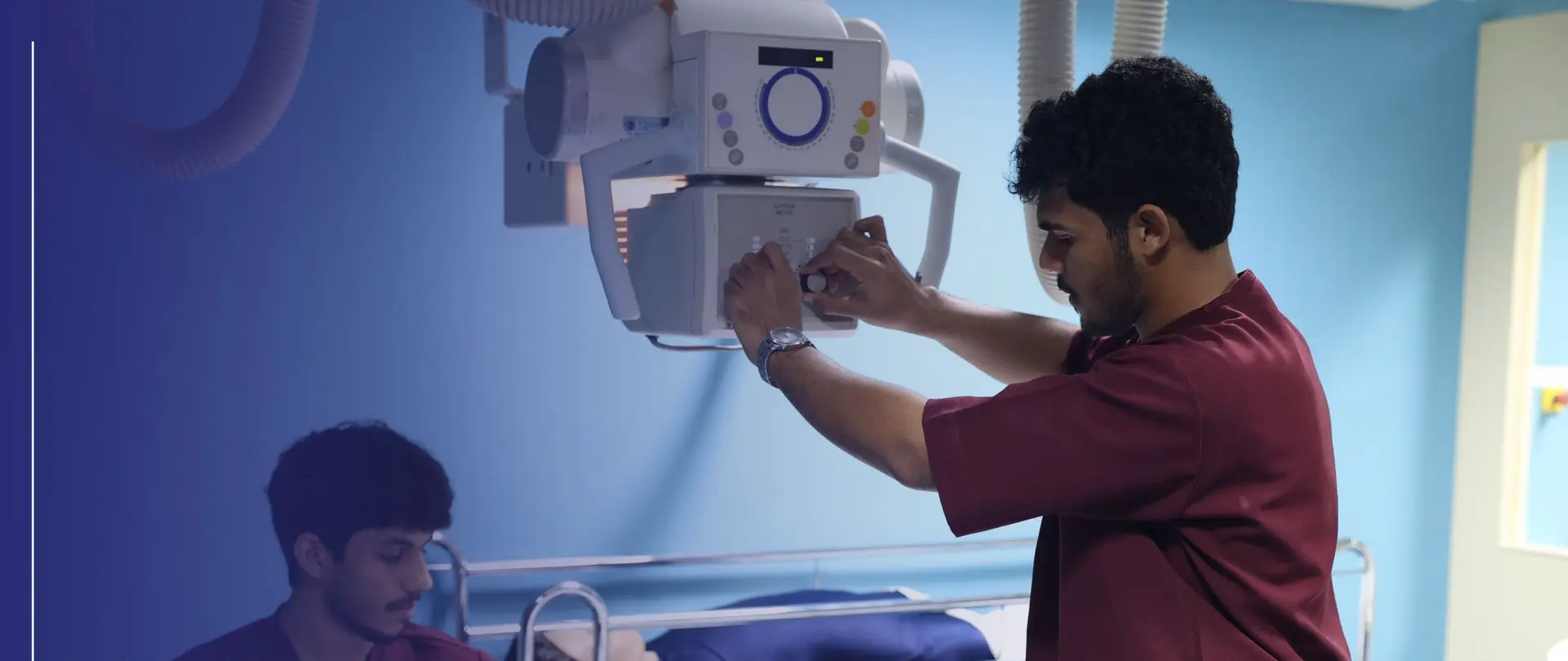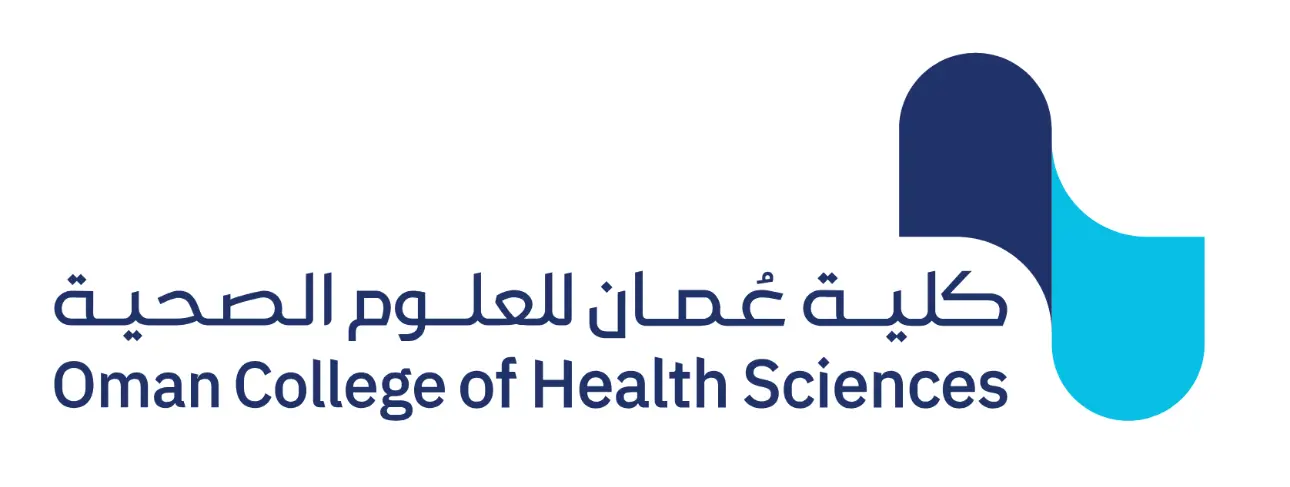
Medical Imaging Program
Since 1986, our program has been a leader in educating highly skilled radiographers in Oman. We offer a comprehensive four-year BSc degree, approved by the Ministry of Higher Education, Research and Innovation, covering Human Anatomy & Physiology, Radiographic Sciences and Biology, Pathology, and a wide range of imaging modalities, including radiography, CT, MRI, ultrasound, and nuclear medicine. Our curriculum emphasizes both theoretical knowledge and practical skills, with extensive clinical placements to provide hands-on experience and prepare you for a successful career in the field.
We are dedicated to providing our students with the knowledge and skills necessary to excel in the dynamic healthcare environment. Our program fosters a strong ethical foundation and emphasizes compassionate patient care. Join us and become part of a legacy of excellence in medical imaging education.
Dr. Asilah Mohammed Al-Obeidani - Medical Imaging Programs
Since its inception in 1986, our Medical Imaging Program has undergone significant evolution, transitioning from a Diploma in Radiography to a comprehensive four-year BSc degree in 2012, with the approval of the Ministry of Higher Education.
Our curriculum encompasses a wide array of imaging techniques such as radiography, CT, MRI, ultrasound, and nuclear medicine. It is continually updated to reflect the latest advancements in the field, ensuring our graduates are equipped to meet the demands of a rapidly changing healthcare environment. Through extensive clinical placements, students develop hands-on experience, building the skills and confidence necessary to excel as professional radiographers.
As the sole provider of this BSc qualification in Oman, our program is renowned for its long-standing tradition of educating highly qualified medical imaging technologists. Our dedication to advancing medical imaging education and contributing skilled professionals to the healthcare sector reflects our commitment to enhancing medical diagnostics and treatment.
The Bachelor of Science in Medical Imaging program is designed to provide students with advanced theoretical knowledge and practical skills essential for excellence in the medical imaging field. The curriculum fosters the development of proficient imaging professionals who are adept in a range of technologies, including X-ray radiography and various advanced modalities. Emphasizing integrating scientific principles with compassionate patient care, the program upholds high ethical standards and promotes the advancement of medical imaging practices.
By the end of this program, students will be able to:
1.Discuss the principles of radiographic physics, human anatomy, physiology, and pathology processes involved in performing various diagnostic procedures.
2.Integrate subject knowledge and principles into various imaging technologies, with a focus on patient safety and diagnostic accuracy.
3.Demonstrate advanced competency and autonomy in performing a range of radiographic procedures, while effectively balancing the benefits and risks to optimize patient outcomes.
4.Develop the ability to perform basic procedures in advanced imaging modalities, with a particular emphasis on computed tomography (CT) and magnetic resonance imaging (MRI).
5.Apply standard quality assurance programs in medical imaging to align with national and international professional organization
6.Critically apply foundational theories of medical imaging into clinical practices, ensuring accurate diagnostics and patient safety in a real-world healthcare setting.
7.Employ safety rules and procedures, radiation protection, and infection control with emphasis on patient care and a safe working environment.
8.Develop effective communication with peers, multidisciplinary professionals and stakeholders.
9.Show commitment to societal well-being by actively involved in supporting community services and addressing social needs
10.Use medical imaging informatics knowledge, focusing on data acquisition, processing and management for adequate diagnostic accuracy and patient care.
11.Accurately analyze quantitative data, including imaging measurements, radiation dosimetry, and statistical outcomes, to make informed decisions and enhance diagnostic accuracy in the radiology field
12.Manage task independently based on the acquired knowledge and skills when decisions are made within the radiology context
13.Apply knowledge of cultural and religious diversity to respectfully conduct radiographic procedures tailored to patients' beliefs, customs, and preferences
14.Show commitment to lifelong learning, aiming for continuous personal and professional development.
PO.BOX : 3720 P.C 112, Ruwi, Sultanate of Oman
email : hsp.ochs@gmail.com
Phone Number : +968 24560097


PO. Box 3720 Ruwi • Postal Code 112 • Muscat - Sultanate of Oman
- +968 24562775 - 24571266
- medical.imaging@ochs.edu.om